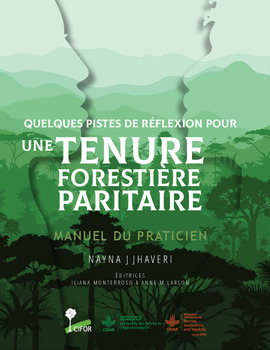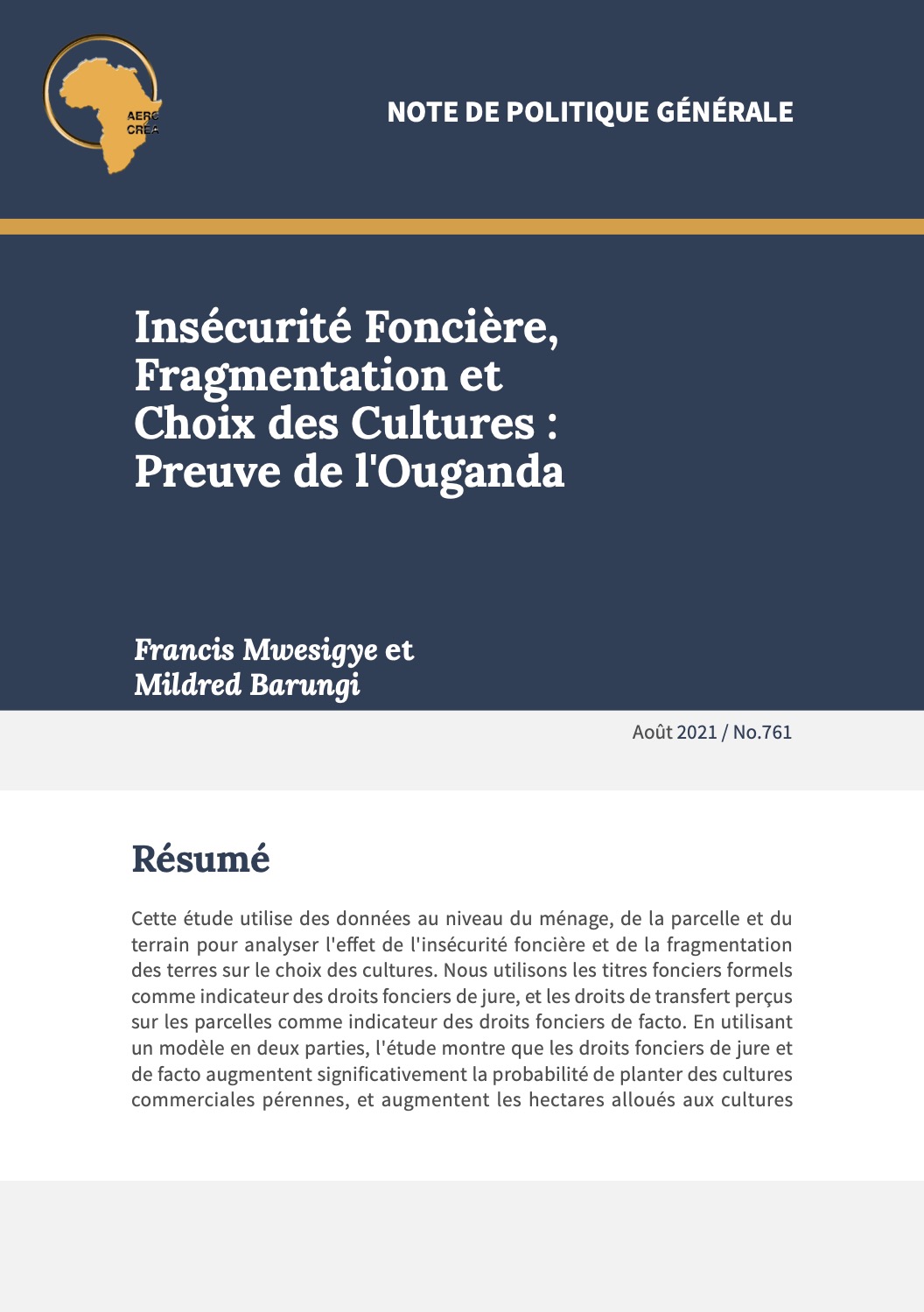Draft: UN General Comment No. 26 on Land and Economic, Social and Cultural Rights
CESCR calls for written contributions to the draft general comment on Land and Economic, Social and Cultural Rights
The Committee on Economic, Social and Cultural Rights is developing a general comment on Land and Economic, Social and Cultural Rights (ICESCR). The purpose of this general comment is to clarify the specific obligations of States parties relating to land and the governance of tenure of land under the International Covenant on Economic, Social and Cultural Rights.






